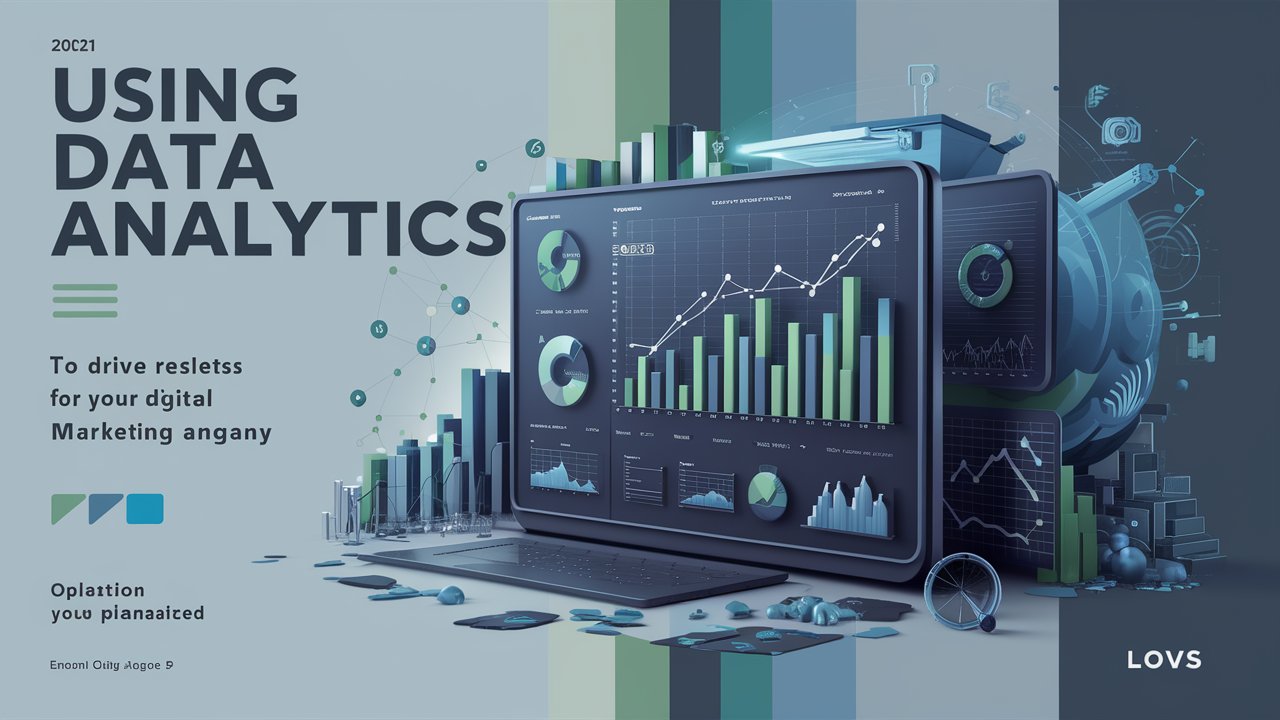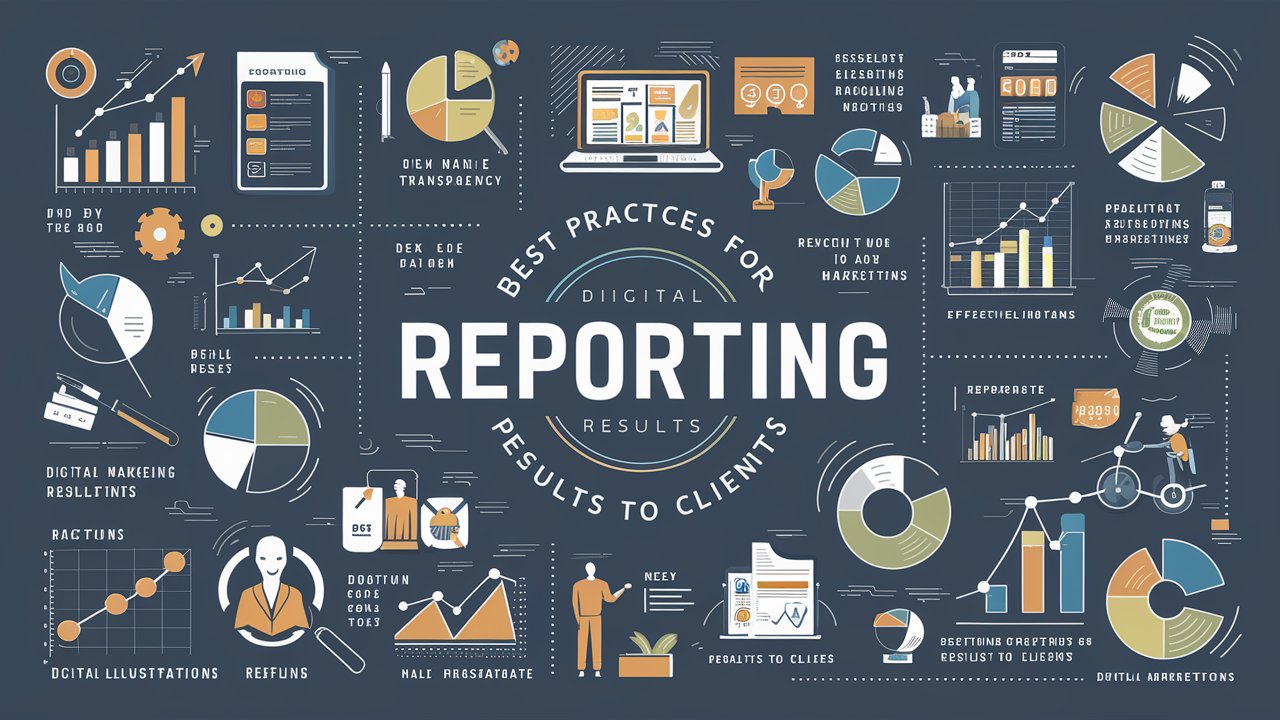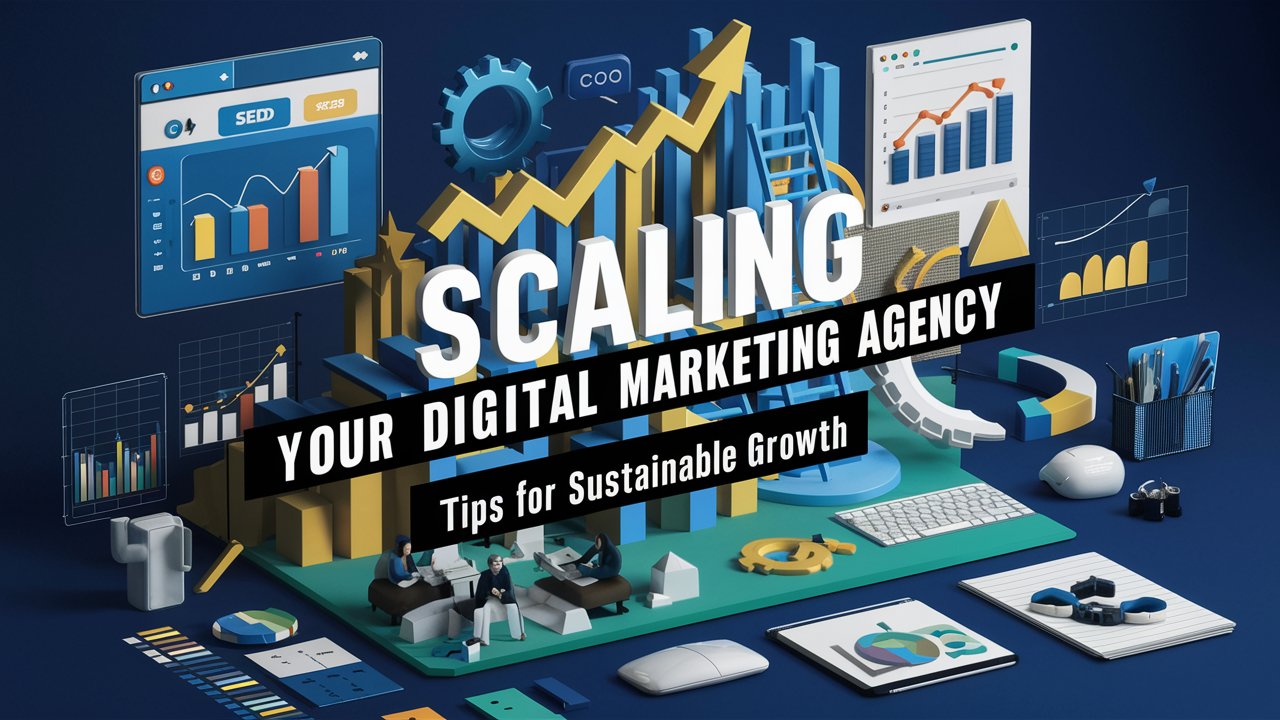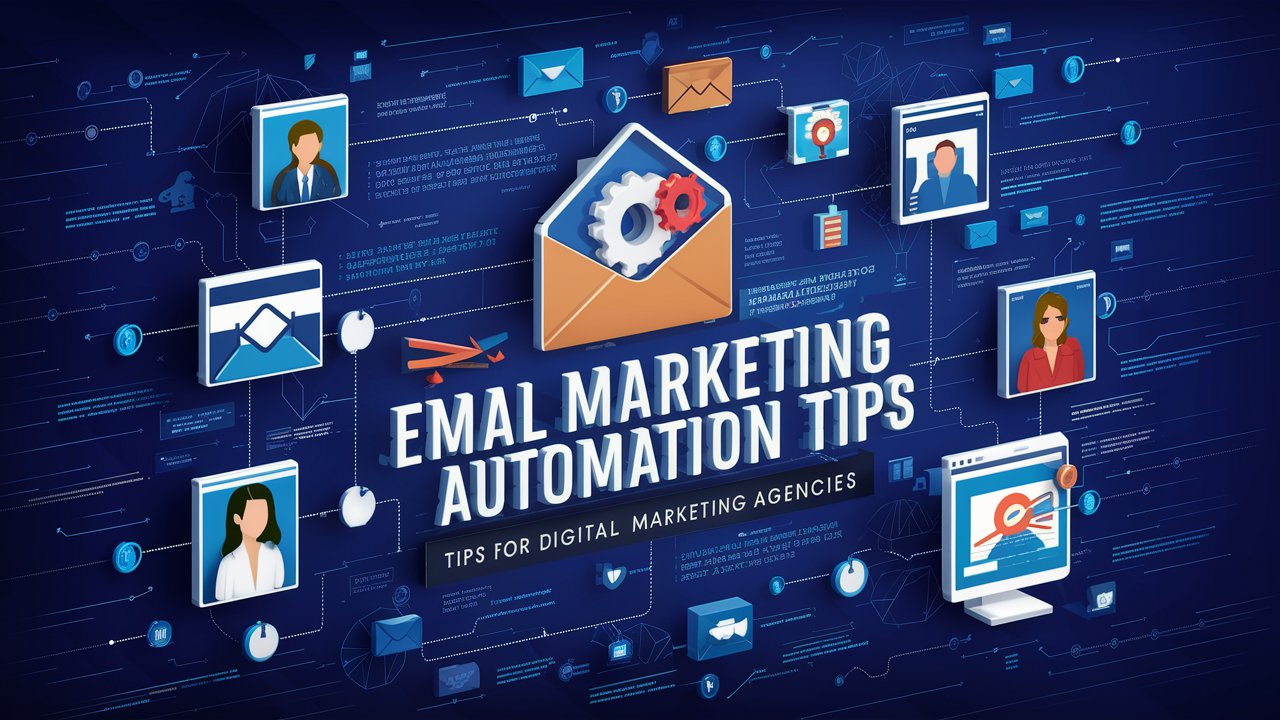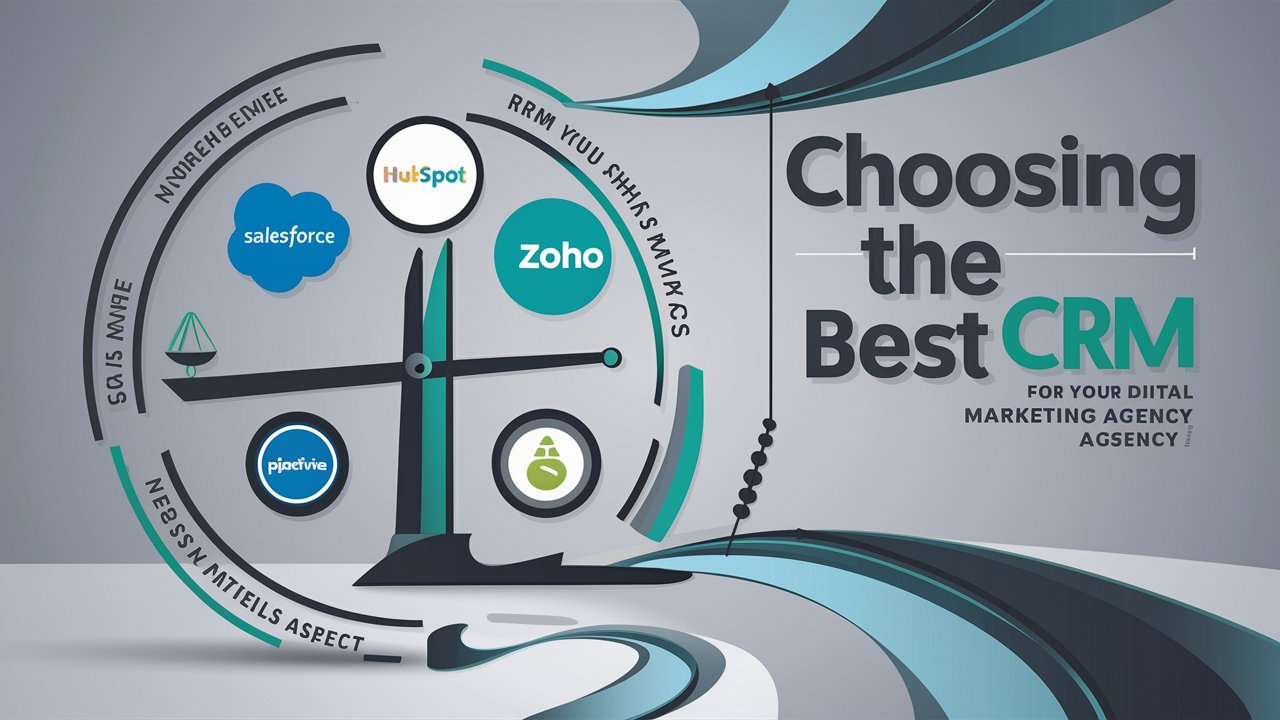In the fast-paced world of digital marketing, data analytics has become a game-changer for agencies striving to optimize strategies and deliver exceptional client results. By harnessing the power of data, digital marketing agencies can make informed decisions, enhance campaign performance, and achieve better outcomes for their clients. This comprehensive guide explores how data analytics can be leveraged to drive results, providing actionable insights and strategies for maximizing the impact of your digital marketing efforts.
1. Understanding the Role of Data Analytics in Digital Marketing
Keyword: Data Analytics in Digital Marketing
Data analytics involves the systematic collection, processing, and analysis of data to uncover valuable insights and inform decision-making. For digital marketing agencies, data analytics plays a crucial role in optimizing campaigns and improving client outcomes.
- Data Collection: Gather data from various sources, including website analytics, social media platforms, and advertising campaigns.
- Data Processing: Clean and organize data to ensure accuracy and consistency.
- Data Analysis: Use analytical tools and techniques to identify trends, patterns, and correlations that inform strategy.
Example Insight: “By analyzing customer behavior data, agencies can identify key touchpoints that drive conversions and tailor their strategies accordingly.”
2. Implementing Advanced Analytics Tools
Keyword: Analytics Tools for Marketing Agencies
To effectively leverage data analytics, digital marketing agencies must use advanced tools that provide deep insights and facilitate data-driven decision-making.
- Google Analytics: Track website traffic, user behavior, and conversion metrics to assess campaign performance.
- Social Media Analytics: Use platforms like Facebook Insights and Twitter Analytics to monitor engagement, reach, and audience demographics.
- Marketing Automation Tools: Implement tools like HubSpot or Marketo to analyze lead behavior and optimize email campaigns.
Example Tool: “Google Analytics’ advanced segmentation feature allows agencies to analyze specific user groups and tailor their marketing efforts accordingly.”
3. Analyzing Campaign Performance Metrics
Keyword: Campaign Performance Analytics for Agencies
Measuring and analyzing key performance metrics is essential for understanding the effectiveness of your digital marketing campaigns.
- Conversion Rate: Monitor the percentage of visitors who complete a desired action, such as filling out a form or making a purchase.
- Click-Through Rate (CTR): Track the ratio of clicks to impressions to gauge the effectiveness of your ad copy and visuals.
- Return on Investment (ROI): Calculate the ROI of your campaigns to assess the financial impact and profitability.
Example Metric: “A high CTR combined with a low conversion rate may indicate that your ad copy is compelling but your landing page needs optimization.”
4. Leveraging Customer Segmentation for Targeted Marketing
Keyword: Customer Segmentation for Agencies
Customer segmentation involves dividing your audience into distinct groups based on shared characteristics, behaviors, or preferences. This allows for more targeted and personalized marketing efforts.
- Demographic Segmentation: Categorize audiences based on age, gender, location, and other demographic factors.
- Behavioral Segmentation: Analyze user behavior, such as purchase history or website interactions, to create targeted marketing campaigns.
- Psychographic Segmentation: Understand the interests, values, and lifestyle of your audience to craft more relevant messages.
Example Segmentation: “Segmenting your email list based on past purchase behavior allows you to send personalized offers that are more likely to resonate with each recipient.”
5. Utilizing Predictive Analytics for Strategic Planning
Keyword: Predictive Analytics for Marketing Agencies
Predictive analytics uses historical data and statistical algorithms to forecast future outcomes and trends. This can help agencies anticipate client needs and optimize strategies.
- Forecasting Trends: Use predictive models to forecast market trends and consumer behavior, allowing you to stay ahead of the curve.
- Lead Scoring: Implement predictive lead scoring to prioritize leads with the highest likelihood of conversion based on historical data.
- Campaign Optimization: Adjust your campaigns in real-time based on predictive insights to maximize effectiveness and ROI.
Example Forecasting: “Predictive analytics can forecast seasonal trends, enabling agencies to plan and execute campaigns more effectively during peak periods.”
6. Enhancing Data Visualization for Better Insights
Keyword: Data Visualization for Agencies
Data visualization tools help transform complex data into easily understandable visual formats, making it easier to interpret insights and communicate findings.
- Dashboards: Create interactive dashboards that provide a comprehensive overview of key metrics and performance indicators.
- Charts and Graphs: Use bar charts, line graphs, and pie charts to illustrate trends and comparisons clearly.
- Heatmaps: Analyze heatmaps to understand user behavior on websites and identify areas for improvement.
Example Visualization: “A well-designed dashboard that displays real-time data can help agencies quickly identify trends and make informed decisions.”
7. Optimizing SEO and Content Strategies with Data Insights
Keyword: Data-Driven SEO for Agencies
Data analytics can significantly enhance your SEO and content strategies by providing insights into keyword performance, content engagement, and user behavior.
- Keyword Performance: Analyze keyword data to identify high-performing keywords and optimize content for better search rankings.
- Content Engagement: Track metrics such as time on page, bounce rate, and social shares to gauge content effectiveness and make improvements.
- User Behavior: Use data to understand how users interact with your content and identify opportunities for optimization.
Example Strategy: “Data-driven insights into keyword performance can help agencies focus on high-value keywords that drive targeted traffic and conversions.”
8. Enhancing Customer Experience with Data-Driven Insights
Keyword: Customer Experience Analytics for Agencies
Improving customer experience is key to retaining clients and fostering long-term relationships. Use data analytics to gain insights into customer preferences and behaviors.
- Feedback Analysis: Collect and analyze customer feedback to identify areas for improvement and address pain points.
- Customer Journey Mapping: Use data to map out the customer journey and identify opportunities for enhancing the overall experience.
- Personalization: Leverage data to deliver personalized experiences and communications that resonate with your audience.
Example Enhancement: “Analyzing customer feedback and journey data can help agencies tailor their service offerings and improve overall satisfaction.”
9. Implementing Data-Driven Decision Making
Keyword: Data-Driven Decision Making for Agencies
Data-driven decision-making involves using data insights to inform and guide strategic decisions. This approach helps ensure that marketing strategies are based on objective evidence rather than intuition.
- Strategic Planning: Base your marketing strategies and tactics on data insights to align with client goals and market conditions.
- Campaign Adjustments: Continuously monitor campaign performance and make adjustments based on real-time data to optimize results.
- Performance Reviews: Use data to conduct regular performance reviews and assess the effectiveness of your strategies and tactics.
Example Decision: “Using data to inform campaign adjustments resulted in a 20% increase in lead conversions by aligning strategies with real-time insights.”
10. Ensuring Data Privacy and Compliance
Keyword: Data Privacy for Marketing Agencies
With increasing concerns about data privacy and regulations, it’s essential for agencies to ensure compliance and protect client data.
- GDPR Compliance: Adhere to GDPR regulations by obtaining consent for data collection and providing transparency about data usage.
- Data Security: Implement robust security measures to protect sensitive data from breaches and unauthorized access.
- Privacy Policies: Update privacy policies to reflect data collection practices and ensure clients are informed about how their data is used.
Example Compliance: “Implementing GDPR-compliant data practices helped build client trust and avoid potential legal issues.”
Conclusion
Data analytics is a powerful tool for digital marketing agencies looking to optimize strategies, enhance performance, and deliver exceptional client outcomes. By leveraging advanced analytics tools, analyzing key metrics, and making data-driven decisions, agencies can achieve better results and drive growth. Implement these data analytics strategies to stay ahead in the competitive digital marketing landscape.
Call to Action
Ready to harness the power of data analytics for your digital marketing agency? Contact us today for a consultation and discover how our data-driven strategies can help you achieve outstanding results!


